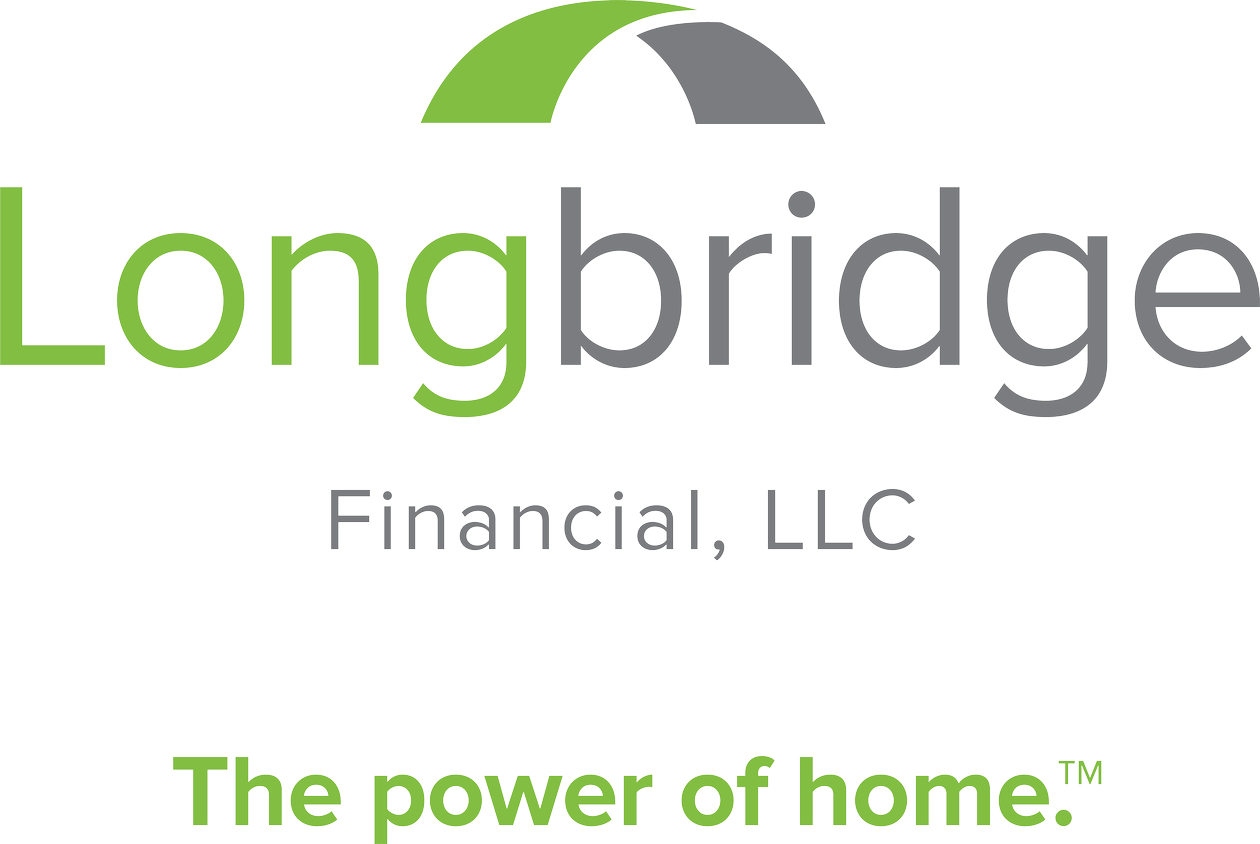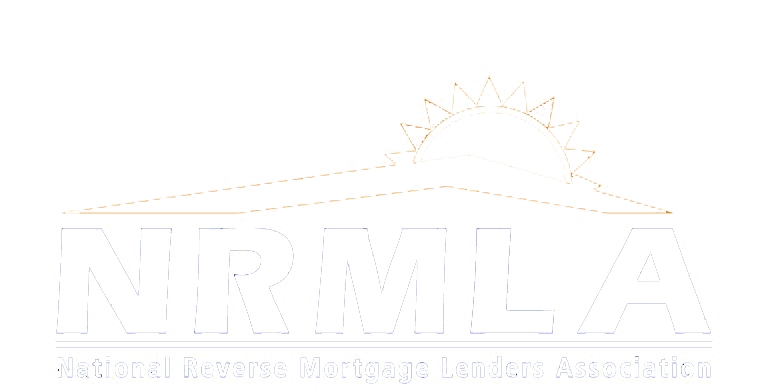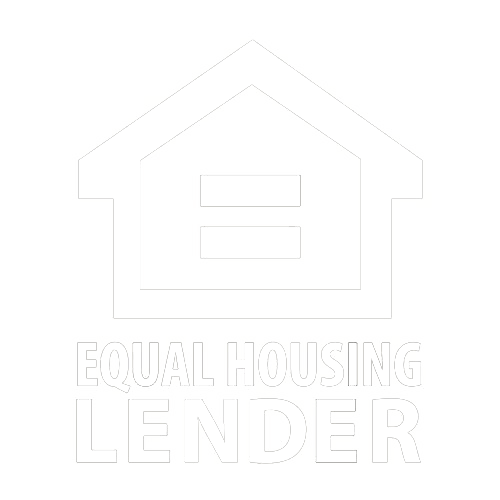

Julie Didyoung
NMLS# 485913
Reverse Mortgage Consultant
Longbridge Financial, LLC
Cell (717) 951-0058 | Office (551) 264-5035 | Jdidyoung@longbridge-financial.com
Branch Address: 433 Patriots Way | Lititz, PA 17543
Branch NMLS# 2484191
Company NMLS# 957935

Questions about the HECM Loan?
- What does HECM stand for?
- Are HECM for Purchase loans more costly than other types of loans?
- What are the benefits of an FHA-insured HECM?
- Who owns the home?
- What are my ongoing obligations if I purchase a home using a HECM?
- What determines when my HECM loan is finally due and payable?
- How do I qualify for these HECM for Purchase loans?
- Must I have a good credit score or currently be employed to qualify?
- How is it possible to have a loan that does not require any monthly loan payment?1
- Will I get an annual tax form 1098 for mortgage loan interest?
- Isn´t it risky to have a loan with a rising balance?
- Is it possible to pay off or pay down a loan balance on a HECM for Purchase loan?
- Must I sell my existing residence to qualify for a new HECM for Purchase loan?
- Is this HECM for Purchase a new loan product?
- Do HECM borrowers have to have a counseling session?
- What are some of the reasons that individuals may be turned down for HECM loans?
- Is the interest rate on a HECM for Purchase fixed or variable?
- What types of properties can be purchased with a HECM for Purchase loan?
- What do I need to know about the purchase contract when using a HECM for Purchase?
- Can I use a HECM for Purchase loan if I am building a new home?
- How is the down payment or required investment determined?
What does HECM stand for?
HECM stands for Home Equity Conversion Mortgage. This term is used exclusively for the FHA insured reverse mortgage loan.
Are HECM for Purchase loans more costly than other types of loans?
The closing costs for these loans are similar to those for any other type of home purchase loan. In addition, there is a Federal Housing Administration (FHA) mortgage insurance premium (MIP), which is currently 2% of the home sales price (or appraised value, whichever is lower). FHA also has an ongoing annual charge of .5% of the outstanding loan balance to insure the loan.
What are the benefits of an FHA-insured HECM?
The loan requires no monthly repayments1, has no pre-set maturity date, and is “non-recourse,” meanings that you, your heirs, and your estate are not responsible for any loan balance that exceeds the value of the home at the time it is sold to repay the loan.
1As with any mortgage, you must meet your loan obligations, keeping current with property taxes, insurance, and maintenance.
Who owns the home?
You do! With HECM for Purchase loans, the home title is in the buyer's name, just like with any other type of mortgage. A security interest in the home is assigned to the lender and to HUD/FHA, which insures these loans.
What are my ongoing obligations if I purchase a home using a HECM?
You are responsible for paying the property taxes, keeping homeowner's insurance in effect for the property value, and paying any applicable homeowner's association fees. You also are responsible for home upkeep and for utility payments (gas, electric, water, sewer, etc.). As a borrower, you are also responsible for the growing lien on the property, up to the value of the property, which must be repaid when the loan becomes due.
What determines when my HECM loan is finally due and payable?
There is no set number of years or a loan balance that determines when these loans are due. The following things constitute maturity events:
- The last remaining borrower passes away2.
- The borrower(s) decide to sell the home.
- The last remaining borrower must leave the home for a period longer than 12 consecutive months.
- The borrower does not meet the ongoing obligations of property taxes, homeowner's insurance, and any applicable homeowner-s association fees.
2If a borrower was married at the time of closing and the non-borrowing spouse was identified at the time of closing, the loan documents must defer due and payable status until the death of the last surviving non-borrowing spouse.
How do I qualify for these HECM for Purchase loans?
Those interested must meet the following guidelines:
- You must be age 62 or older.
- The home you are purchasing must be your new primary residence.
- You must have your "required investment" from a HUD allowable source. The funds must not be borrowed. The required investment can come from the sale of a currently owned asset (i.e., proceeds from the sale of your current home) or money you have had for at least 90 days, prior to use, from your checking or savings accounts, certificates of deposit, investment accounts, retirement accounts, etc. "Gift funds" from a family member also are acceptable. 3
3 HUD requires a completed "gift letter" from the gift giver stating the funds are a gift and there is no expectation of repayment.
Note: This list is not inclusive of acceptable sources and is meant to show examples.
Must I have a good credit score or currently be employed to qualify?
Because these loans do not require monthly principal or interest loan payments,1 there is no particular credit (FICO score) to qualify, and you don't need to be employed. The lender, of course, will make sure you can meet your ongoing obligations of property taxes, insurance, homeowner’s association fees if applicable, and property upkeep.
1As with any mortgage, you must meet your loan obligations, keeping current with property taxes, insurance, and maintenance.
How is it possible to have a loan that does not require any monthly loan payment?1
HECM for Purchase loans are rising balance loans, which simply means that the interest being charged by the lender is being added to the loan balance. The same holds true for the .5% annual rate that FHA charges to keep insuring the loan. The intention with these loans is for the entire loan balance (starting loan amount plus accrued interest and mortgage insurance premium) to be paid off in full when the home is finally sold.
1As with any mortgage, you must meet your loan obligations, keeping current with property taxes, insurance, and maintenance.
Will I get an annual tax form 1098 for mortgage loan interest?
No, not annually. Interest that is accruing, but not paid, is not deductible for tax purposes.4 A 1098 is generated in any year where any interest is actually paid. This will occur only if you choose to make an optional payment in which money was applied to outstanding interest, or in the year when the loan is paid off in full.
4This statement should not be construed as tax advice. Always consult a tax advisor for all tax questions.
Isn´t it risky to have a loan with a rising balance?
A HECM for Purchase is a "non recourse" loan which means that as the homeowner, your heir(s), and estate are not responsible for any loan balance exceeding the home value at the time it is being sold.
You must remain responsible for property taxes, homeowners insurance, and property maintenance. A HECM is a home-secured debt payable upon default or a maturity event.
Is it possible to pay off or pay down a loan balance on a HECM for Purchase loan?
Yes! Even though no monthly mortgage payments are required,1 a homeowner can pay the loan balance in full at any time with no prepayment penalty or make a payment to lower the outstanding balance.
1As with any mortgage, you must meet your loan obligations, keeping current with property taxes, insurance, and maintenance.
Must I sell my existing residence to qualify for a new HECM for Purchase loan?
No. If you do not have an FHA loan on your current residence and you do have your required investment from a HUD allowable source, it doesn't matter if your current residence is not sold. The lender will confirm that you are able to support the ongoing obligations on all properties you own. However, the home you are purchasing must serve as your primary residence. So, if your current residence is still pending a sale or if you decide to keep it as an investment or rental property, that usually is not a problem. The departure home sale is a separate transaction from the HECM-purchased property.
Is this HECM for Purchase a new loan product?
FHA-insured HECM (Home Equity Conversion Mortgage) loans, have been around since 1989. The HECM for Purchase loan has been in effect since 2009.
Do HECM borrowers have to have a counseling session?
Yes, HUD requires borrowers to have a counseling session with a third party, HUD-approved counselor who is not associated with a lender. See the "HECM Counseling" page on this website for more in depth information on counseling.
What are some of the reasons that individuals may be turned down for HECM loans?
Generally, some factors that may contribute to an individual being turned down are:
- Foreclosures within the preceding three years.
- Unpaid federal obligations, such as federal taxes, defaults on prior government-backed loans (for example, student loans or government-backed mortgages)
- Certain unpaid judgments or tax liens
Is the interest rate on a HECM for Purchase fixed or variable?
HECM for Purchase loans can have an interest rate that is either fixed for the life of the loan or variable. As a borrower, you can decide which interest rate type you'd prefer.
Borrowers who elect a fixed rate loan will receive a single disbursement lump sum payment. Other payment options are available only for adjustable rate mortgages.
What types of properties can be purchased with a HECM for Purchase loan?
Single-family homes, town homes, and FHA-approved condos are examples of eligible properties. The home being purchased MUST be used as the buyer's primary residence. Vacation homes or investment/rental properties do not qualify.
What do I need to know about the purchase contract when using a HECM for Purchase?
Seller or builder concessions or credits are not allowed. The seller, prior to the loan closing, must complete any required repairs as noted by an appraiser. Any funds used as a down payment or earnest money must be verifiable as non-borrowed funds.
Can I use a HECM for Purchase loan if I am building a new home?
HECM loans are not intended to be used as construction loans. Homes must be fully complete and inspected with a Certificate of Occupancy or its equivalent issued before a HECM loan closing can occur. Any money required by the builder as the home is being built must be paid by the buyer and, at the time of application, the buyer will be required to account for the source of all funds paid to the builder to show none of the funds were borrowed. That means that cancelled checks for all funds paid to the builder must be produced, as well as all pages of bank statements beginning three months prior to when the first check was issued.
How is the down payment or required investment determined?
This amount is determined by a calculation set by HUD. The calculation is based on:
- The lesser of the sales price or appraised value
- The age of the youngest of the borrowers (or non-borrowing spouse meeting certain criteria)
- The current expected interest rate
Please contact me and I will be happy to run an analysis that shows your approximate required investment. Because there are no set maturity dates on these loans, younger borrowers will have higher required investment amounts than older borrowers, since the calculation assumes they will be in the home longer. Currently, the required investment (already including all associated loan and purchase costs) runs approximately 29% to 62% of the lesser of the sales price or appraised value, depending on the buyer's age.*
*This down payment range assumes closing costs will be financed into the loan. The information being displayed is for illustrative purposes only. Actual cash required may vary and is based on age of youngest borrower, interest rate, home value, and other factors. Please contact Longbridge Financial LLC for details about credit costs and terms.



